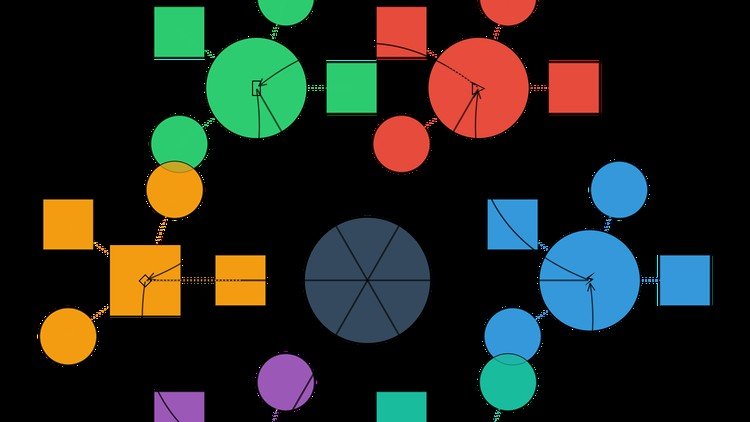If you’re looking to expand your data analytics skills and elevate your coding capabilities, the Udemy course "Converting Standalone Code to Distributed Code for Analytics" offers a fantastic opportunity. This course is tailored for anyone interested in learning how to transform traditional, monolithic code into efficient, distributed applications that can easily handle large datasets. Whether you’re a data analyst, a developer, or someone keen on data engineering, this course will provide valuable insights into scalable analytics.
What you’ll learn
This course covers a variety of critical skills and technologies essential for converting standalone code to distributed code. Here’s what you can expect to learn:
- Introduction to Distributed Computing: Understand the fundamentals of distributed systems and why they are essential for modern analytics.
- Big Data Frameworks: Gain hands-on experience with prominent big data frameworks, including Hadoop and Spark, which play significant roles in distributed computing.
- Data Processing Techniques: Learn various data processing techniques that optimize performance and efficiency in a distributed environment.
- Best Practices for Code Refactoring: Discover best practices for refactoring standalone code, ensuring code quality and maintainability.
- Applications and Use Cases: Explore real-world scenarios and case studies that illustrate the advantages of distributed systems in data analytics.
- Practical Exercises: Engage with a variety of coding exercises designed to solidify your understanding and give you practical experience applying what you learn.
By the end of the course, you’ll walk away with a robust understanding of how to effectively modify and optimize your code for distributed systems.
Requirements and course approach
Before diving into the material, there are a few prerequisites to keep in mind. It’s recommended that learners have a foundational knowledge of programming, particularly in Python or Java, as these languages are often used in the course content. Familiarity with basic data analytics concepts will also be helpful, but the course does a good job of introducing key terms and principles for beginners.
The course adopts a practical, hands-on approach to learning, balancing theory with coding exercises and real-world applications. Lectures are designed to be accessible and are supplemented with coding demos, so you’ll have the opportunity to see concepts in action. Importantly, the course encourages interactive learning, promoting student engagement through quizzes and challenges.
Who this course is for
This course is ideal for a diverse audience, including:
- Data Analysts: Professionals wanting to enhance their coding skills and shift from standalone analyses to distributed systems.
- Developers: Those looking to understand how to rework their existing code for better performance in data-heavy applications.
- Data Scientists and Engineers: Individuals interested in best practices for handling big data and scaling their analytics solutions.
- Students and Enthusiasts: Anyone with a curiosity about distributed computing and its application in analytics will find immense value in this course.
In short, if you have a baseline understanding of coding and aspire to take your analytical skills to the next level, this course will cater to your ambitions.
Outcomes and final thoughts
After completing the course, you’ll be equipped with vital skills and knowledge that will enable you to tackle large-scale data problems more efficiently. You’ll understand not just the "how," but also the "why" behind converting standalone code to distributed systems, allowing you to make informed decisions in your projects.
Overall, "Converting Standalone Code to Distributed Code for Analytics" on Udemy is a well-structured, informative course that seamlessly blends theoretical knowledge with practical application. Whether you’re a beginner or an intermediate learner, this course serves as an excellent stepping stone into the world of distributed analytics and gives you the tools you need to succeed in an increasingly data-driven landscape. With its engaging approach and comprehensive content, it’s definitely worth considering as you look to advance your skills in this exciting field.



